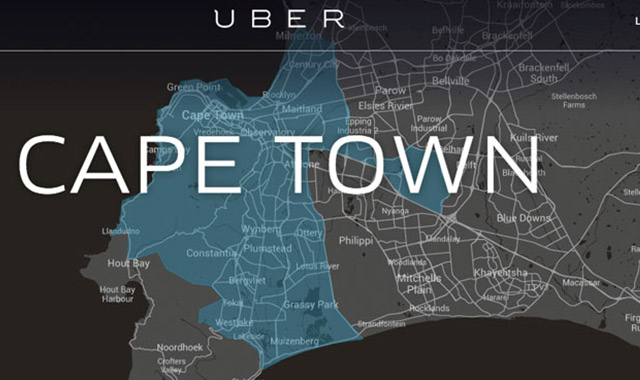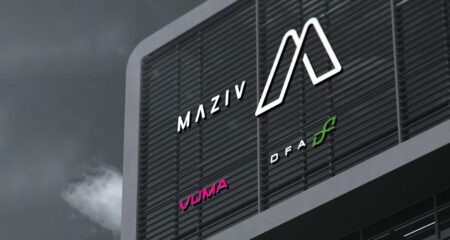
The Competition Commission has struck down meter taxi drivers’ bid to declare Internet app Uber as engaging in predatory pricing and anticompetitive behaviour.
In May this year, eight regional taxi companies and 150 individual members of the South African Meter Taxi Association filed the application against Uber with the Competition Commission.
The meter taxi group’s chief complaints were that Uber floods the market with vehicles while not complying with regulations, and that the Internet app charges prices that are below cost.
The meter taxis also alleged that Uber operates unfairly by securing partnerships with multinational companies and that it “misleads the public” on its job creation claims.
But after studying the allegations, the Competition Commission said it had decided to non-refer, or not prosecute, the case.
“The commission has conducted an investigation into these allegations and has taken a view that the alleged conduct does not contravene the Competition Act,” said the Competition Commission on Thursday afternoon.
“In terms of the Competition Act, the metered taxi industry has 20 business days to refer the complaint directly to the Competition Tribunal if it disagrees with the commission’s decision,” said the commission.
Earlier this year, competition law experts Maphanga Maseko and Crystal Davids of TGR Attorneys wrote that it would be challenging for meter taxi drivers to obtain a successful application against Uber with the commission.
“Proving the allegation against Uber is likely to be a tall order for the complainants as they first have to identify the geographic and product market in which the alleged contravention took place,” said the experts.
“They must prove that Uber is the dominant firm in the relevant market identified, before even engaging the merits of the predatory pricing argument, if any.
“If the complainants are not successful with identifying the geographic and product market concerned, this should be the end of the matter when one regards case law,” they said.
Maseko and Davids further pointed out that the Competition Act “encourages a much more competitive and transparent economy and promotes consumer choices as a centrepiece to competition in a market”.
“The Competition Act envisages markets in which consumers have access to, and can freely select, the quality and variety of goods and services they desire,” Maseko and Davids wrote.
The decision by the commission comes after Uber has experienced opposition from local meter taxi drivers that, at times, has spilled into violence on city streets.
In May, three metro police officials were injured after meter taxi drivers stoned two Uber cars and two metro police vehicles in Sandton.
The attack came shortly after a group of meter taxi drivers clashed with their Uber counterparts in the Johannesburg central business district. The metered taxi drivers also tried to chase down Gauteng transport MEC Ismail Vadi.
The clash came amid the Gauteng provincial government announcing that it would formally license the car-hailing app service.
Several meter taxi drivers at the announcement said they didn’t want Uber in South Africa.




